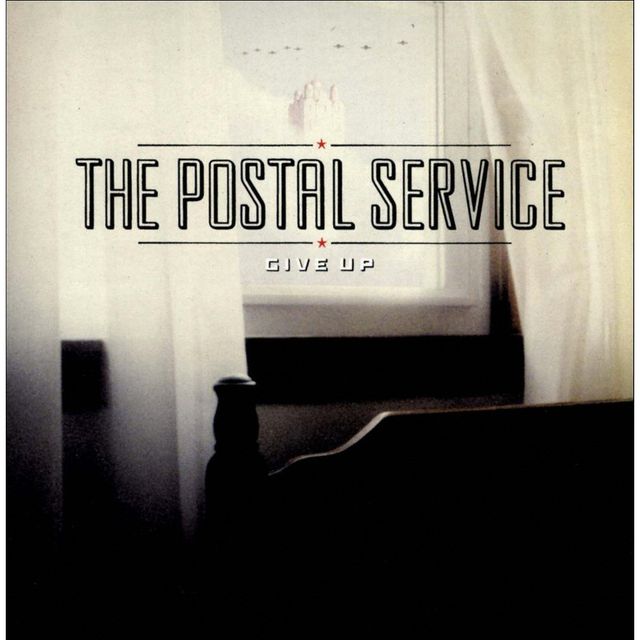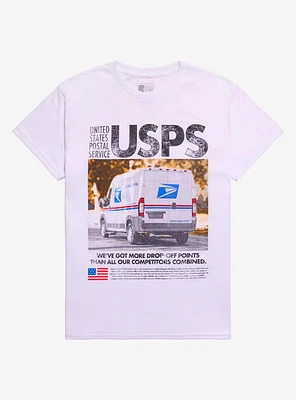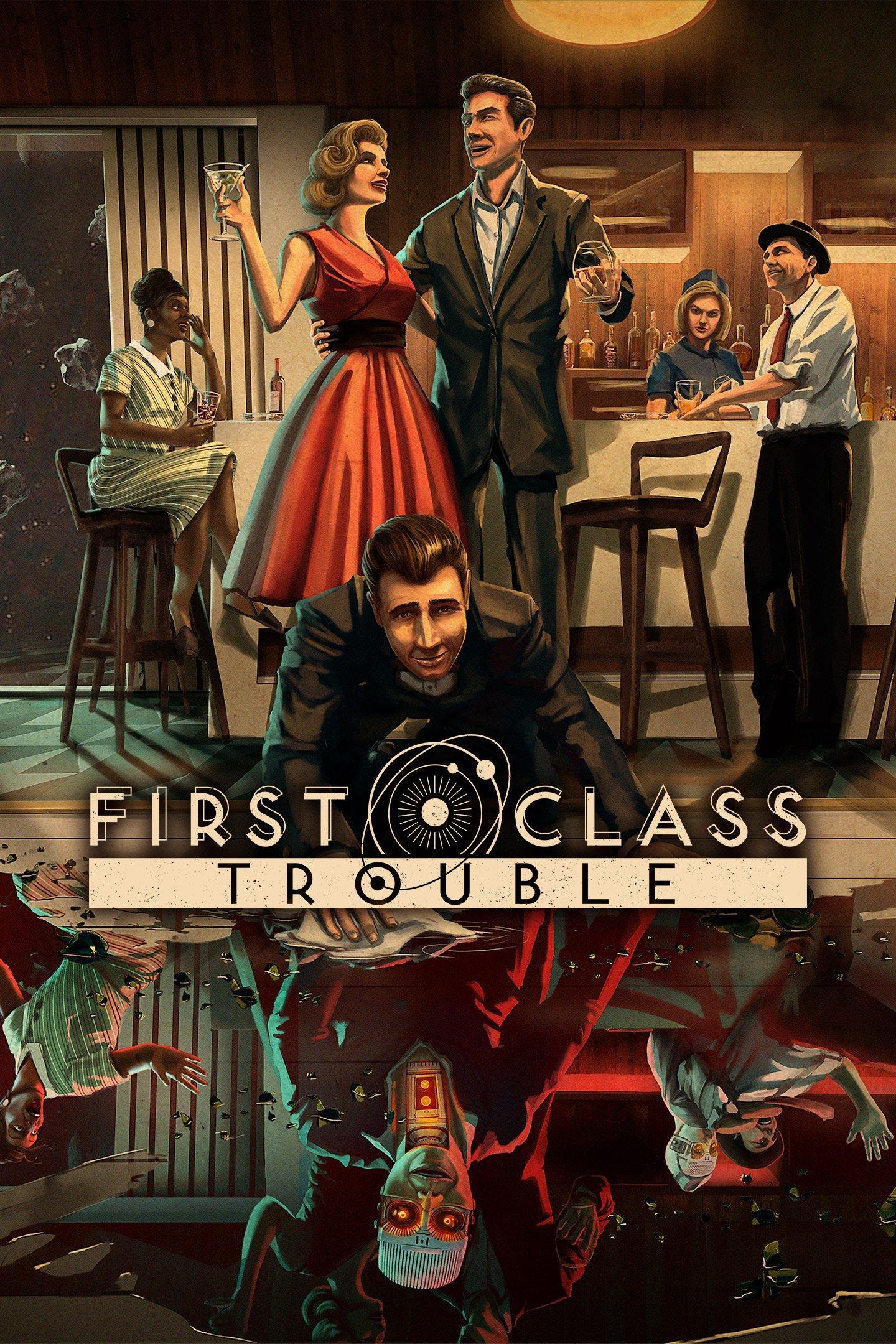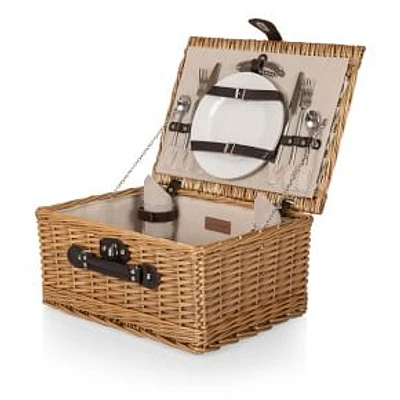Home
First Class: the U.S. Postal Service, Democracy, and Corporate Threat
Loading Inventory...
Barnes and Noble
First Class: the U.S. Postal Service, Democracy, and Corporate Threat
Current price: $16.95


Barnes and Noble
First Class: the U.S. Postal Service, Democracy, and Corporate Threat
Current price: $16.95
Loading Inventory...
Size: Paperback
*Product Information may vary - to confirm product availability, pricing, and additional information please contact Barnes and Noble
Investigating the essential role that the postal system plays in American democracy and how the corporate sector has attempted to destroy it.
"With
First Class: The U.S. Postal Service, Democracy, and the Corporate Threat
, Christopher Shaw makes a brilliant case for polishing the USPS up and letting it shine in the 21st century."—
John Nichols
, national affairs correspondent for
The Nation
and author of
Coronavirus Criminals and Pandemic Profiteers: Accountability for Those Who Caused the Crisis
"
First Class
is essential reading for all postal workers and for our allies who seek to defend and strengthen our public Postal Service."—
Mark Dimondstein, President, American Postal Workers Union, AFL-CIO
The fight over the future of the U.S. Postal Service is on. For years, corporate interests and political ideologues have pushed to remake the USPS, turning it from a public institution into a private business—and now, with mail-in voting playing a key role in local, state, and federal elections, the attacks have escalated. Leadership at the USPS has been handed over to special interests whose plan for the future includes higher postage costs, slower delivery times, and fewer post offices, policies that will inevitably weaken this invaluable public service and source of employment.
Despite the general shift to digital communication, the vast majority of the American people—and small businesses—still rely heavily on the U.S. postal system, and many are rallying to defend it.
brings readers to the front lines of the struggle, explaining the various forces at work for and against a strong postal system, and presenting reasonable ideas for strengthening and expanding its capacity, services, and workforce. Emphasizing the essential role the USPS has played ever since Benjamin Franklin served as our first Postmaster General, author Christopher Shaw warns of the consequences for the country—and for our democracy—if we don’t win this fight.
Praise for
:
"Piece by piece, an essential national infrastructure is being dismantled without our consent. Shaw makes an eloquent case for why the post office is worth saving and why, for the sake of American democracy, it must be saved."—
Steve Hutkins
, founder/editor of Save the Post Office and Professor of English at New York University
"The USPS is essential for a democratic American society; thank goodness we have this new book from Christopher W. Shaw explaining why."—
Danny Caine
, author of
Save the USPS
and owner of the Raven Book Store, Lawrence, KS
"Shaw's excellent analysis of the Postal Service and its vital role in American Democracy couldn't be more timely. …
should serve as a clarion call for Americans to halt the dismantling and to, instead, preserve and enhance the institution that can bind the nation together."—
Ruth Y. Goldway
, Retired Chair and Commissioner, U.S. Postal Regulatory Commission, responsible for the Forever Stamps
"In a time of community fracture and corporate predation, Shaw argues, a first-class post office of the future can bring communities together and offer exploitation-free banking and other services."—
Robert Weissman
, president of Public Citizen


















